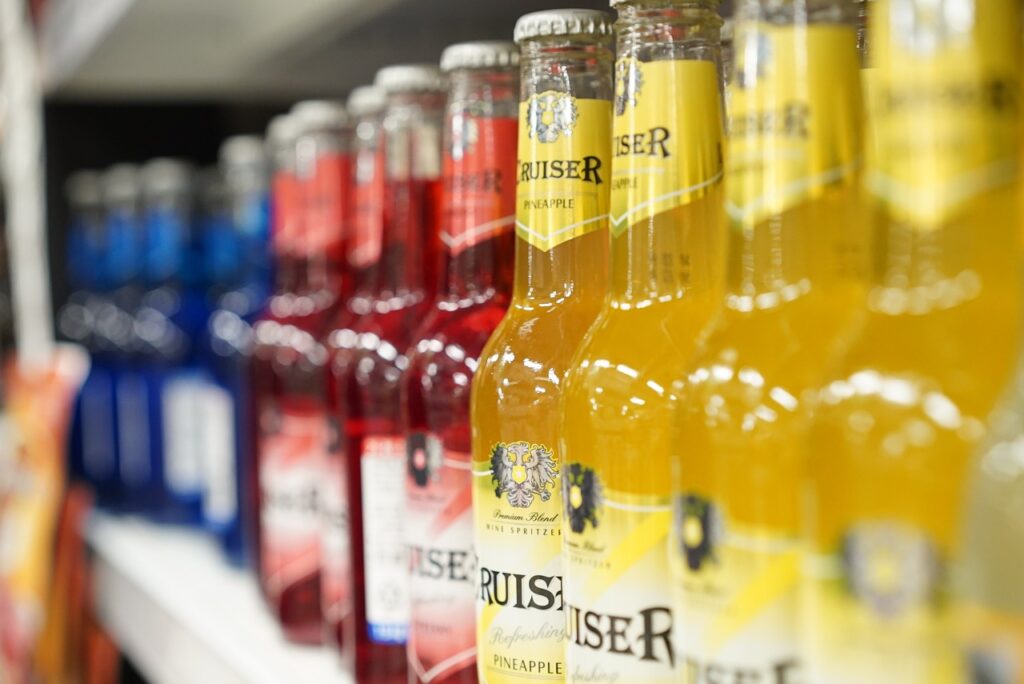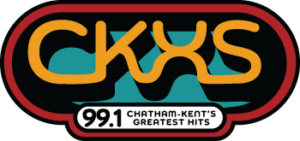
You won’t have to go far to find a drink in Ontario.
Today marks the start of allowing convenience stores to sell beer, wine, cider, and ready-to-drink cocktails.
As of this morning, almost 4200 convenience stores across Ontario are licensed to sell alcoholic beverages, in addition to nearly 3000 other licensed retail outlets, and takeaway options from licensed bars and restaurants.
All grocery stores will be able to sell alcohol by October 31, but spirits will only be available in LCBO stores and outlets. Through the phased roll-out, officials say the new marketplace will eventually include up to an estimated 8500 new stores where these products can be sold.
“People finally have more options to responsibly and conveniently support local Ontario breweries and wineries – or whatever their drink-of-choice may be – even closer to home, and today’s announcement is another milestone in the government’s commitment to deliver more choice and convenience to consumers,” said Peter Bethlenfalvy, Minister of Finance. “In addition to supporting Ontario retailers, domestic producers and workers in the alcohol industry, our vision for a better marketplace has come to life thanks to people and businesses across the province.”
At least 20 per cent of the beer, cider, wine and ready-to-drink beverages on display in grocery and convenience stores must be produced by craft producers to help support the beverage alcohol industry.
“This long-awaited opportunity represents a significant advancement for our industry and has the potential to substantially increase foot traffic, thereby enhancing the overall performance of our businesses, said Kenny Shim, President of the Ontario Convenience Stores Association. “We understand that the introduction of beverage alcohol sales will come with its own set of challenges, particularly in terms of adhering to the rigorous regulations established by the Alcohol and Gaming Commission of Ontario. However, we are confident in our ability to meet these challenges head-on, just as we have successfully managed the complexities of tobacco and lottery sales.”




